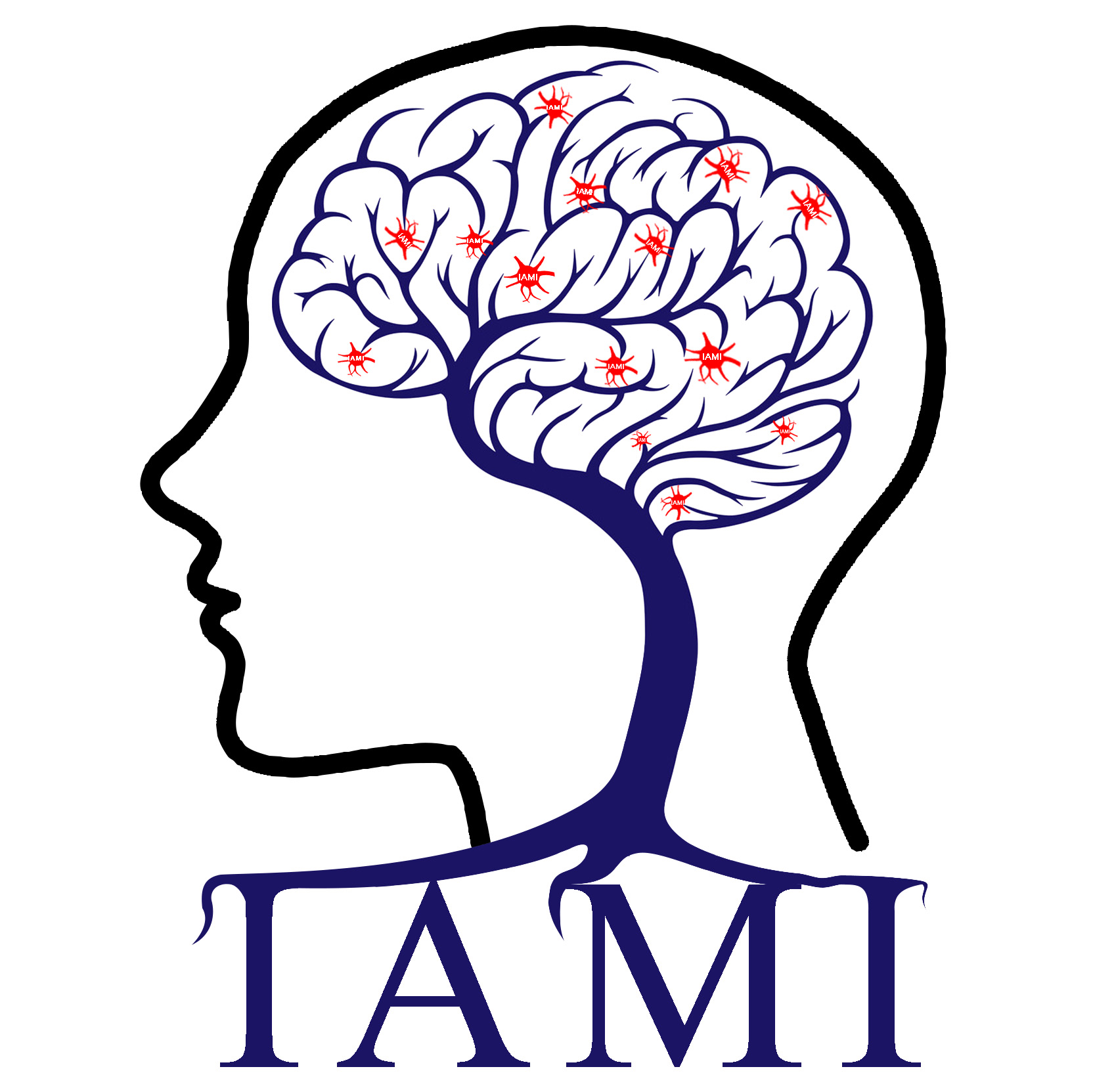
杜宇慧个人网页---智能医学图像分析
地址:中国, 太原
Di Jiang, Yuhui Du, Hewei Cheng, Tianzi Jiang*, Yong Fan. fMRI Alignment Based on Local Functional Connectivity Patterns. SPIE Medical Imaging, 2012, 831415-831415.
时间:2019-06-12 16:45:22 来源: 点击:[1821]
Abstract
In functional neuroimaging studies, the inter-subject alignment of functional magnetic resonance imaging (fMRI) data is a necessary precursor to improve functional consistency across subjects. Traditional structural MRI based registration methods cannot achieve accurate inter-subject functional consistency in that functional units are not necessarily consistently located relative to anatomical structures due to functional variability across subjects. Although spatial smoothing commonly used in fMRI data preprocessing can reduce the inter-subject functional variability, it may blur the functional signals and thus lose the fine-grained information. In this paper we propose a novel functional signal based fMRI image registration method which aligns local functional connectivity patterns of different subjects to improve the inter-subject functional consistency. Particularly, the functional connectivity is measured using Pearson correlation. For each voxel of an fMRI image, its functional connectivity to every voxel in its local spatial neighborhood, referred to as its local functional connectivity pattern, is characterized by a rotation and shift invariant representation. Based on this representation, the spatial registration of two fMRI images is achieved by minimizing the difference between their corresponding voxels' local functional connectivity patterns using a deformable image registration model. Experiment results based on simulated fMRI data have demonstrated that the proposed method is more robust and reliable than the existing fMRI image registration methods, including maximizing functional correlations and minimizing difference of global connectivity matrices across different subjects. Experiment results based on real resting-state fMRI data have further demonstrated that the proposed fMRI registration method can statistically significantly improve functional consistency across subjects.

 您当前的位置:
您当前的位置: